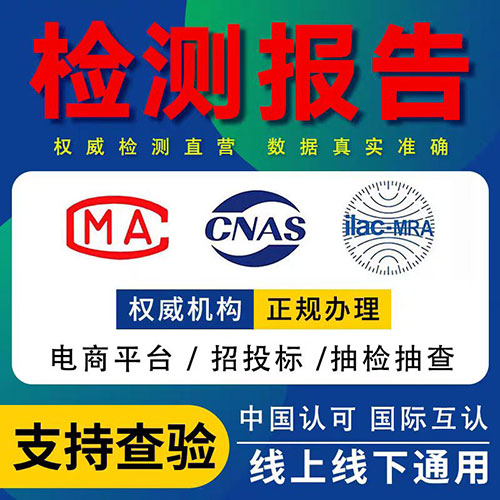rohs说明书英语
What is RoHS compliance?
RoHS, which stands for Restriction of Hazardous Substances, is a directive that restricts the use of certain hazardous substances in electrical and electronic equipment. The RoHS directive became effective on July 1, 2006, and it applies to all applicable products sold in the European Union. It is an essential requirement for companies selling products in the EU market to adhere to RoHS guidelines.
Why is RoHS compliance important?
RoHS compliance is crucial for several reasons. Firstly, it ensures the safe disposal of electronic equipment, thereby preventing environmental hazards. Secondly, electronic equipment containing hazardous materials poses health risks to humans and animals. Thirdly, RoHS compliance helps companies to improve their brand image and reputation in the industry.
What are the restricted substances under RoHS directive?
The RoHS directive restricts the use of six hazardous materials, including lead, mercury, cadmium, hexavalent chromium, polybrominated biphenyls (PBBs), and polybrominated diphenyl ethers (PBDEs). These materials are toxic and cause severe damage to the environment and human health.
How to ensure RoHS compliance?
Companies can ensure RoHS compliance by following a few steps, such as identifying the materials used in their products, determining if they contain any restricted substances, and removing these substances if necessary. They can also ensure compliance by verifying their products through third-party testing and obtaining RoHS compliance certificates.
What are the benefits of RoHS compliance?
RoHS compliance has several benefits for companies, including reducing the environmental impact of electronic equipment, improving public health and safety, and enhancing brand reputation. It also helps increase customer trust and confidence in the company's products, thereby increasing sales and revenue.
Conclusion
In conclusion, RoHS compliance is an essential requirement for companies selling electronic equipment in the EU market. Companies can ensure compliance by identifying if their products contain any restricted substances and removing them if necessary. RoHS compliance not only helps protect the environment and human health but also enhances a company's brand reputation and credibility.

 专属客服微信
专属客服微信
 185-2658-5246
185-2658-5246 有样品要送检?试试一键送检,15分钟极速响应
有样品要送检?试试一键送检,15分钟极速响应



